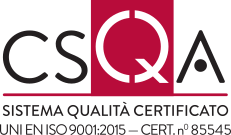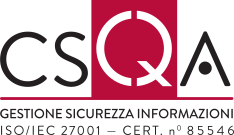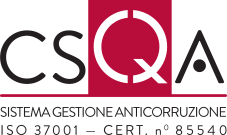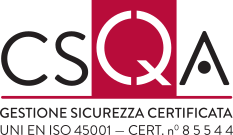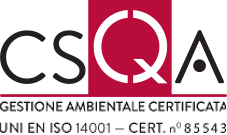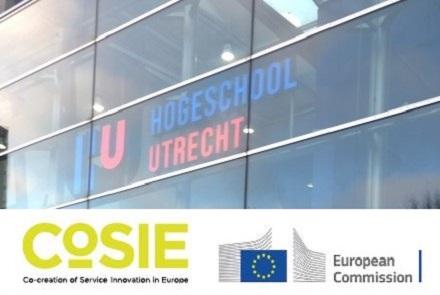
On February 5th, the H2020 project COSIE organized a seminar in Utrecht, at the University of Applied Sciences, to deepen the experiences of co-creation in public services. Valeria Montanari, Councillor of the Municipality of Reggio Emilia, as well as member of the Board of Directors of Lepida, was the main key note speaker and deepened the experience of the "Quartiere Bene Comune" (Common Good Neighbourhood) and the initiative “Coviolo Wireless” as interventions aimed at including citizens and the civil society in the participatory policies of the Municipality, motivating them to participate in local development together with decision makers, also involving them in the evaluation phase of the results in order to measure their impact.
Also present at the debate were lecturers and experts from the Dutch university, who emphasized the ownership of data and the enormous power of the owner, stressing the need to keep in mind that technology is not infallible and we must always ask ourselves what use will be made of the data we continuously provide through our actions. During the seminar day, the 10 pilot experiences of the COSIE project valorized their co-creation activities during the "food for thought" event, and then through thematic workshops that led the participants to a critical reflection on the application of co-creation practices in services, in order to discuss when and how co-creation techniques are useful in creating and developing public services; identify the different levels of participation, the techniques and tools for the involvement of citizens; reflect on contexts of reference and specific situations in order to better apply different co-creation practices. In order to try to answer these questions, 5 multidisciplinary groups were created and each group was given a public service scenario in order to identify co-creation opportunities and related involvement tools (e.g. surveys, focus groups, social hackathons, interviews, workshops, questionnaires, user tests, open space meetings, world cafe), select the actors to involve in the process and at what stage. An important conclusion that has emerged is that it is not possible to establish a priori whether a tool supports co-creation or not, but rather it will be the context and the set objectives to determine the most suitable tool.
